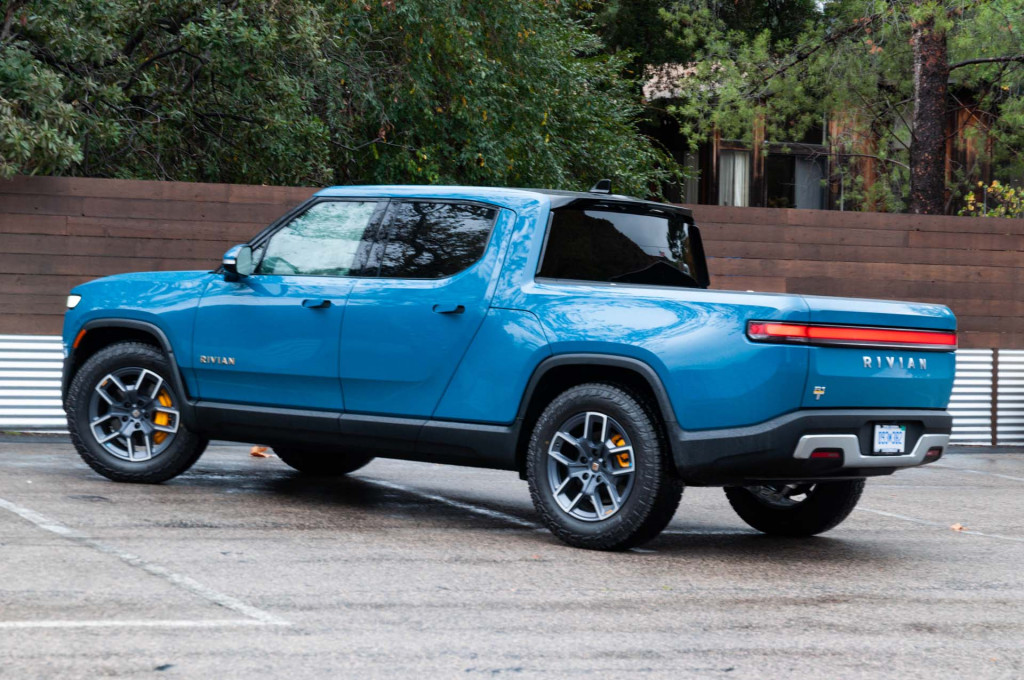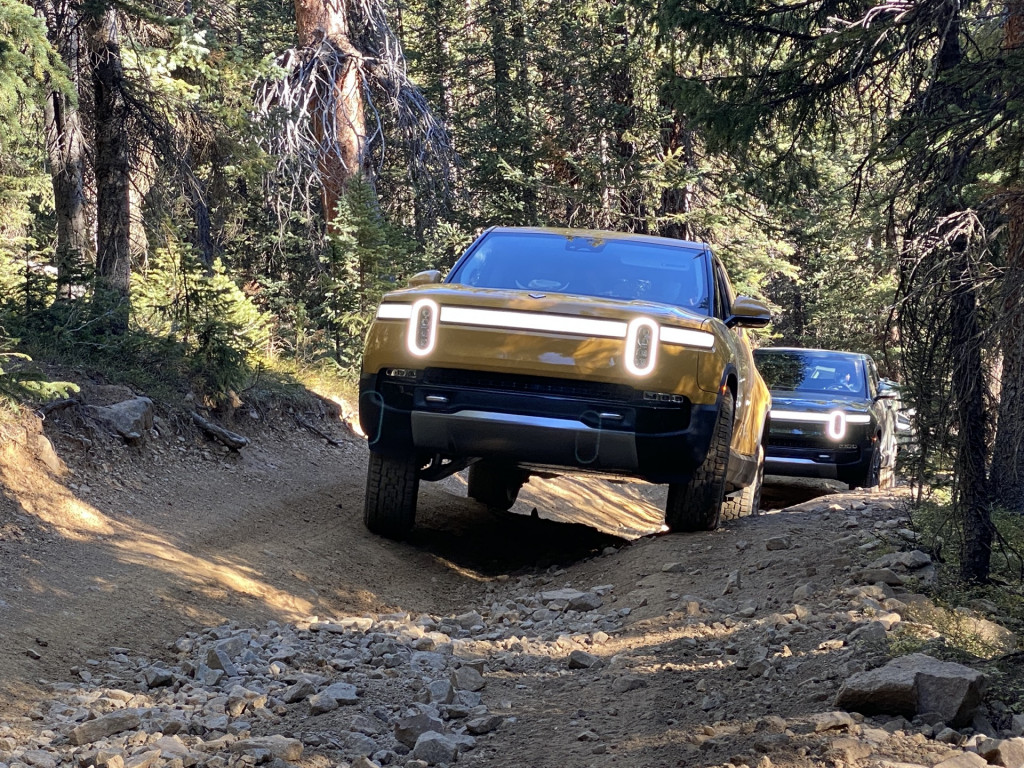Rivian restores original prices for R1T and R1S reservations, after much backlash
Nearly two days after the EV maker Rivian made significant price increases and essentially repositioned its R1T and R1S electric trucks, it agreed to honor original pricing for those who had reservations.
The price changes, which essentially forced early reservation-holders to pay a price hike of up to 20% or accept a decontented truck, were not well-received.
In a Thursday letter to customers and the public, Rivian CEO RJ Scaringe apologized for the pricing blunder, which he said “broke the trust we have worked to build with you.” He announced that those with a preorder as of the March 1 price change will have the original configured price honored, while those who canceled one after the price change can have theirs reinstated with the original pricing, configuration, and delivery timing.

2022 Rivian R1T
Rivian on Tuesday boosted prices by $12,000 on the quad-motor, Large-pack versions of the R1T and R1S. The higher pricing applied not just for new reservations from then forward but to anyone who hadn’t taken delivery or finalized the purchase.
Rivian’s diversion for this came in the form of adding dual-motor versions with the smaller Standard pack (“260+ miles” of range, versus the Large pack’s 314 or 316 miles), which reservation-holders could then get for around the original price point—essentially downgrading the spec of the expected vehicle or asking for a lot more money.
Many Rivian owners felt ambushed; some canceled their orders and many publicly complained on Tuesday and Wednesday.

Rivian CEO and founder RJ Scaringe
Scaringe delivered a deep apology to those customers: “In speaking with many of you over the last two days, I fully realize and acknowledge how upset many of you felt. I have made a lot of mistakes since starting Rivian more than 12 years ago, but this one has been the most painful. I am truly sorry and committed to rebuilding your trust.”
“The costs of the components and materials that go into building our vehicles have risen considerably,” said the CEO. “Everything from semiconductors to sheet metal to seats has become more expensive and with this we have seen average new vehicle pricing across the U.S. rise more than 30% since 2018.”
A price hike for these trucks was already widely anticipated and the issue here is simply how it was enacted. A lower pricing tier for those who “got in early” might have made them feel more endeared to the brand—like original Model S buyers and reservation-holders.
Customers might have responded differently if Rivian were a struggling startup; but it’s flush with cash and already planning its second assembly plant.

2022 Rivian R1T
On the other hand, this move is more than the end-consumer pricing for a couple of eagerly anticipated models. It sets the tenor for a new brand—a brand that for many reservation-holders involves a leap of faith on service and support. Scaringe spoke of a “logic” that the company followed internally—hinting that this price change and shift were weeks or months in the making, and perhaps underscoring the lack of transparency and communication.
It’s what the company should have done in the first place, but with Scaringe’s well-crafted reply, it’s not too late to make amends.
Do new brands and startups owe a deeper level of price transparency? Let us know what you think in your comments below.

